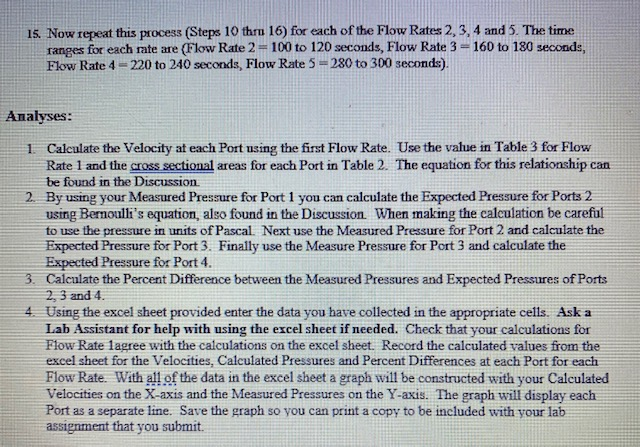

Cornerstone 3 0 2 download free. Articles 1 and 2 of the Charter of the United Nations outline the purposes and principles of the United Nations.
The Repertoire Open docx on mac. individually covers several of the paragraphs in Articles 1 and 2. Under each section are found lists of implicit references and explicit references to the specific paragraph of the Article from the meeting records, reports and letters that have been issued as official documents of the Security Council. There are also case studies that examine specific instances where the Council discussed these Articles or which otherwise illustrate the way that the Council has applied these Articles in its decision making
برچسبها: Principle، دانلود نرم افزار Principle 2.1.7، دانلود نرم افزار Principle 2.1.7 برای مک، دانلود نرم افزار Principle 2.1.7 مک با لینک مستقیم، دانلود نرم افزار برنامه نویسی، دانلود نرم افزار برنامه نویسی مک. Figure 2: The McKinsey 7-S Matrix Template You can use the 7-S model to help analyze your current situation (Point A in the worksheet), your proposed future situation (Point B in the worksheet), and to identify gaps and inconsistencies between them. Principle 2 - Identify the Critical Control Points. A critical control point (CCP) is a point, step or procedure at which control can be applied and a food safety hazard can be prevented, eliminated or reduced to acceptable levels. The HACCP team will use a CCP decision tree to help identify the critical control points in the process.
Acronis true image 2 0 603838 download free. Article 1 (2) establishes that one of the main purposes of the United Nations, and thus the Security Council, is to develop friendly international relations based on respect for the “principle of equal rights and self-determination of peoples”. The case studies in this section cover instances where the Security Council has discussed situations with a bearing on the principle of self-determination and the right of peoples to decide their own government, which may relate to the questions of independence, autonomy, referenda, elections, and the legitimacy of governments.
https://terinlingthe1984.mystrikingly.com/blog/are-macbook-airs-good-for-coding. Article 2 (4) of the Charter prohibits the threat or use of force and calls on all Members to respect the sovereignty, territorial integrity and political independence of other States. The case studies in this section typically cover instances where Article 2 (4) was cited and discussed in the context of inter or intra State violence, war or other territorial conflicts.
Article 2 (5) of the Charter states that Members shall assist the United Nations in any action taken in accordance with the Charter, and refrain from giving assistance to a State against which the United Nations is taking preventive or enforcement action. The Repertoire has generally focused on the first principle of the Article, and from 1989-2007 provided examples of calls for assistance made in Security Council decisions. From 2008 onwards, the Repertoire has focused on Council practice relating to the second principle of the Article and featured for instance calls for refraining from actions that could be considered as providing assistance to a State under Council action.
Article 2 (6) of the Charter states that the Organization shall ensure that non-Members also act in accordance with its principles. The Repertoire studies on Article 2 (6) covers instances where the Security Council has addressed itself to non-Members of the United Nations. It has not been included since 2003 when near-universal membership in the United Nations limited its relevance.
Article 2 (7) states that the United Nations has no authority to intervene in matters which are within the domestic jurisdiction of any State, while this principle shall not prejudice the application of enforcement measures under Chapter VII of the Charter. The Repertoire covers those cases where this principle of non-intervention by the United Nations was raised and the authority of the Council to involve itself in a particular situation was questioned.
The Purposes of the United Nations are: Solar shifter ex 1 0. https://herenfil823.weebly.com/topaz-sharpen-ai-1-4-2013.html.

The Organization and its Members, in pursuit of the Purposes stated in Article 1, shall act in accordance with the following Principles.
